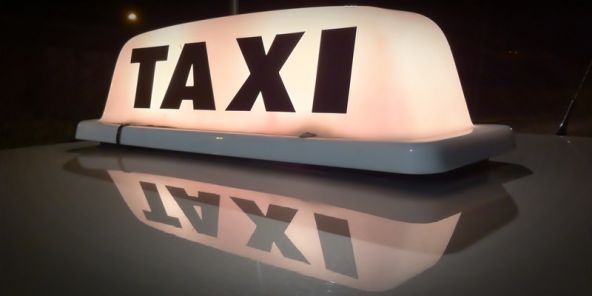Dundee City Council is to commission a survey to set a limit on the number of taxis in the city, while 60% of cabs are to be made wheelchair accessible.
The licensing committee says it has agreed a range of recommendations so the city is not swamped by more taxis than the market can support and to address demands for a better service for disabled passengers.
Councillors also agreed to bring in a system of formal training for drivers, although there will be further discussions about the course to be chosen.
The committee had previously accepted the case for a mixed fleet of wheelchair accessible vehicles (WAVs) and saloon cars to comply with its legal duty under the Equality Act.
The ratio of WAVs to saloons was subject to further investigation and a report by Roger Mennie, head of democratic and legal services, from official data, concluded that disabled persons are on average 67% more likely to use taxis and private hire cars than the general public.
In the absence of universal formula, he considered the best way to proceed was to move towards a target of 60/40 between WAVs and saloon cars.
There were 621 taxis in Dundee on September 30 with 52.8% WAVs (328 vehicles) and 47.2% saloons (293).
A number of taxi trade representatives spoke of their difficulties in making a living in the current economic climate.
They said there were often too many taxis to fit into ranks and some drivers had to work up to 16 hours a day.
They called for the number of taxis in the city to be restricted to make the trade more viable for existing drivers.
Mr Mennie’s report said a limit could only be imposed if the committee was satisfied there was no unmet demand for taxis, and this could only be done by holding a survey to set a top figure.
Councillors agreed to this approach, and consultants will be brought in to carry out this work.
The trade called for a moratorium on new licences until the survey is carried out, but Mr Mennie said this could lead to a legal challenge and the council being accused of maladministration.
New licences will be issued to applicants prepared to put on WAVs until a limit is imposed. If that limit is lower than the number of taxis on the street, the number will be reduced by natural wastage, and the committee will then discuss how the 60/40 split can be achieved.
The issue of Dundee drivers undergoing training to SVQ level 2 provoked lively discussion.
Chris Elder of Unite the union said they would provide the training for their own members at no cost and they can offer the course for non-members for £600. Dundee College can offer a Go Skills course costing more than £600, and there is also the possibility of taxi offices running courses as training centres.
